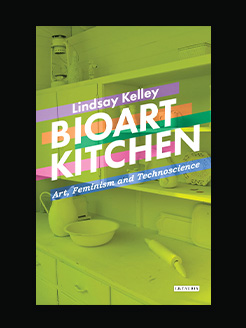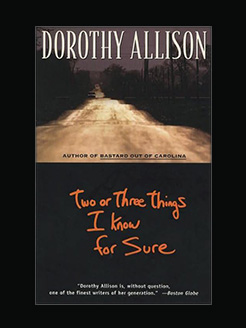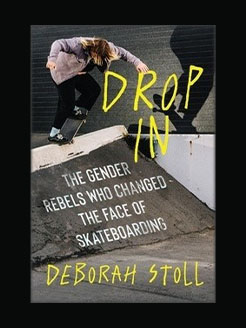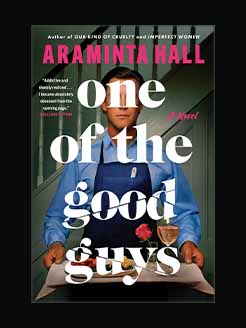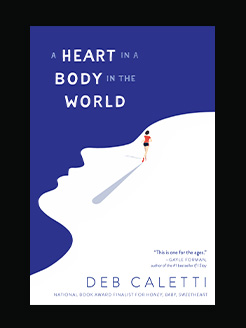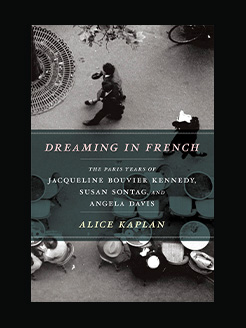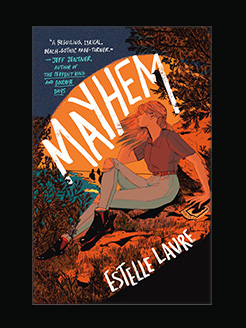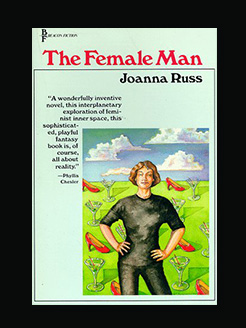Published in 1997 (first published 1986)
480 pages
Ágota Kristóf was a Hungarian writer, who lived in Switzerland and wrote in French. Kristof received the European prize for French literature for The Notebook (1986). She won the 2001 Gottfried Keller Award in Switzerland and the Austrian State Prize for European Literature in 2008.
Kristof’s first steps as a writer were in the realm of poetry and theater (John et Joe, Un rat qui passe), which is a facet of her works that did not have as great an impact as her trilogy. In 1986 Kristof’s first novel, The Notebook appeared. It was the beginning of a moving trilogy. The sequel titled The Proof came 2 years later. The third part was published in 1991 under the title The Third Lie. The most important themes of this trilogy are war and destruction, love and loneliness, promiscuous, desperate, and attention-seeking sexual encounters, desire and loss, truth and fiction.
She has received the European prize for French literature for The Notebook. This novel was translated in more than 30 languages. In 1995 she published a new novel, Yesterday. Kristof also wrote a book called L’analphabète (in English The Illiterate) and published in 2004. This is an autobiographical text. It explores her love of reading as a young child, and we travel with her to boarding school, and over the border to Austria, and then to Switzerland. Forced to leave her country due to the failure of the anti-communist rebellion, she hopes for a better life in Zurich.
What is this book about?
These three internationally acclaimed novels have confirmed Agota Kristof’s reputation as one of the most provocative exponents of new-wave European fiction. With all the stark simplicity of a fractured fairy tale, the trilogy tells the story of twin brothers, Claus and Lucas, locked in an agonizing bond that becomes a gripping allegory of the forces that have divided “brothers” in much of Europe since World War II. Kristof’s postmodern saga begins with The Notebook, in which the brothers are children, lost in a country torn apart by conflict, who must learn every trick of evil and cruelty merely to survive. In The Proof, Lucas is challenging to prove his own identity and the existence of his missing brother, a defector to the “other side.” The Third Lie, which closes the trilogy, is a biting parable of Eastern and Western Europe today and a deep exploration into the nature of identity, storytelling, and the truths and untruths that lie at the heart of them all.
